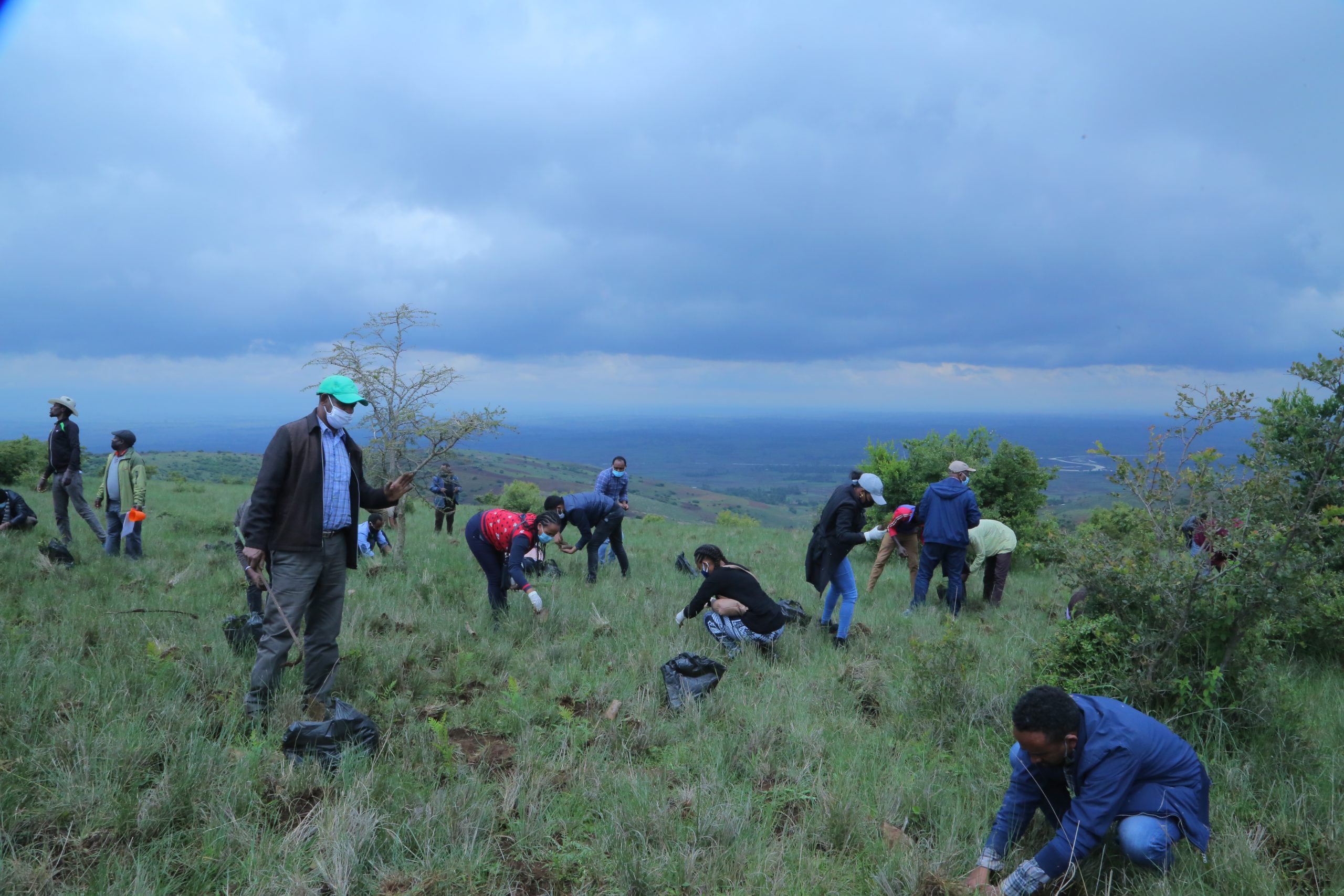
Ethiopia’s forest ecosystem is directly linked to the agricultural sector. The country’s endemic wild animals, domestic animals, and bird species contribute significantly to the ecological balance of the environment. Over the years, the country’s forest areas have been rapidly depleted due to the demand for services such as agriculture and housing. Sustainable forest development and conservation play an important role in curbing the environmental, social, and economic problems caused by deforestation in our country; as forest resource development plays an important role in mitigating the negative effects of climate change.
The development of forest resources has an important role to play in increasing agricultural productivity and food security by curbing soil erosion, desertification, and biodiversity loss. Therefore; environmental protection efforts are being undertaken annually to implement the government’s sustainable environmental policies and strategies. In support of this national goal, the management and staff of the Ethiopian Conformity Assessment Organization conducted a seed planting program in the Sebeta Debel mountain area of Oromia State to commemorate the 50th anniversary of the start of quality control work in Ethiopia under the motto “50th year 50,000 seedlings”.

Related Posts
The Ethiopian Conformity Assessment Enterprise (ECAE) officially inaugurated its new building and testing laboratory in Adama city, Oromia Regional State. January 16, 2018 Adama
ECAE Celebrated the 22nd International Anti-Corruption Day. December 09, 2025 Addis Ababa (ECAE)
Under the theme ‘Quality in Different Ideas and Innovation,’ World Quality Week concluded with the Quality Expo organized at the Quality Village.